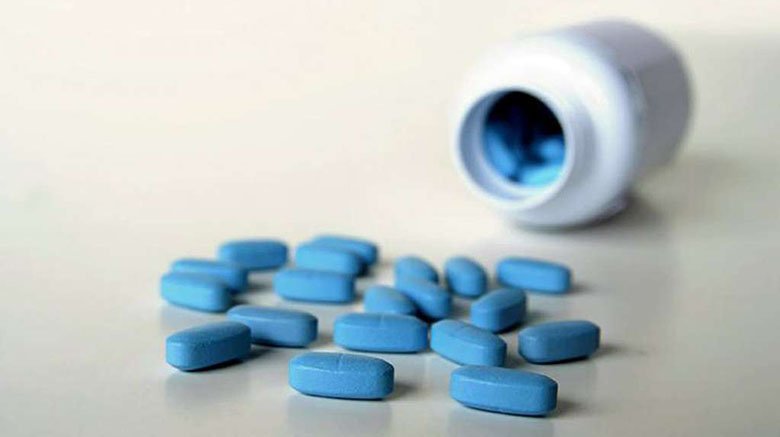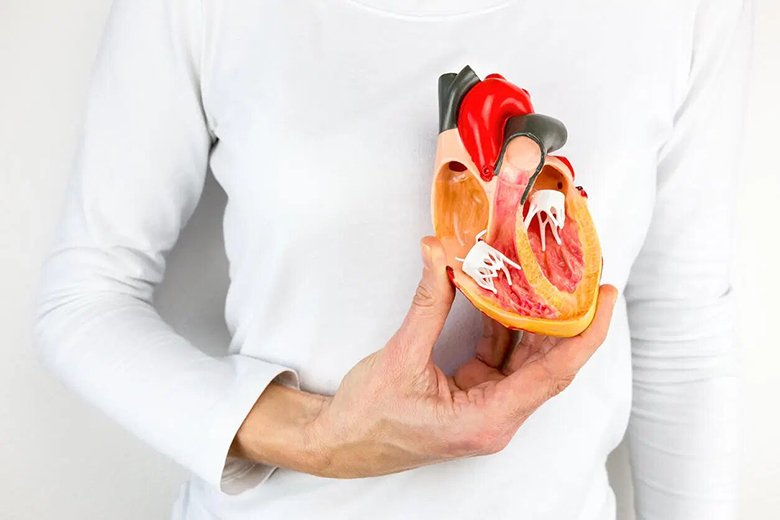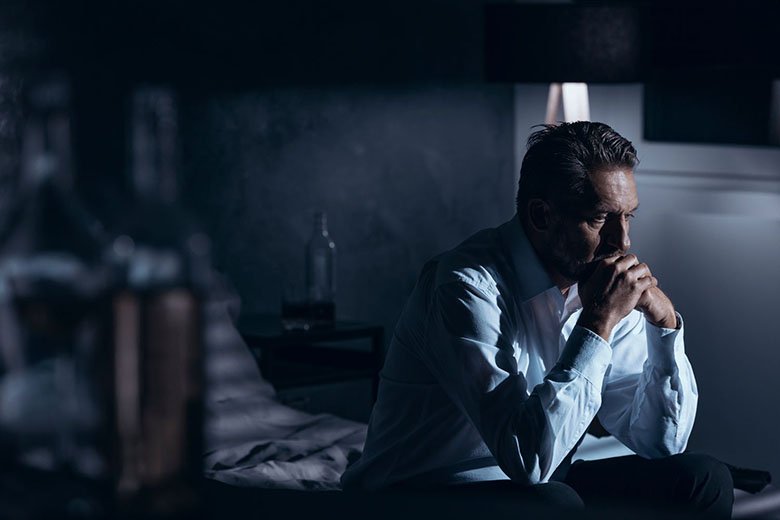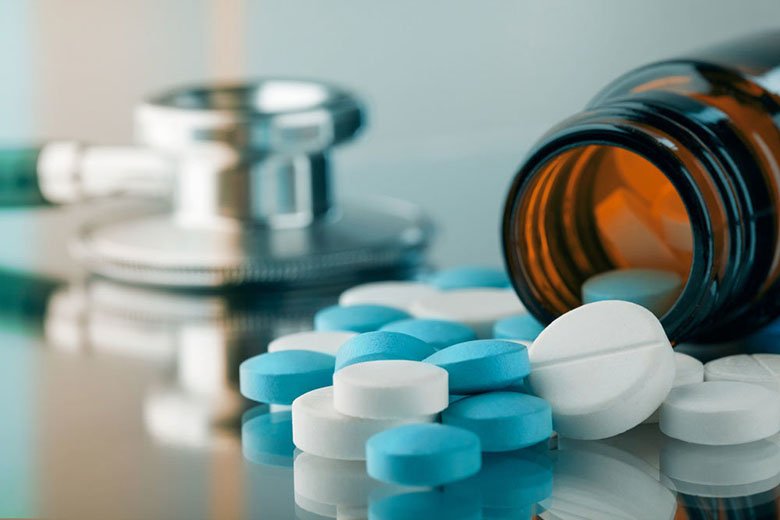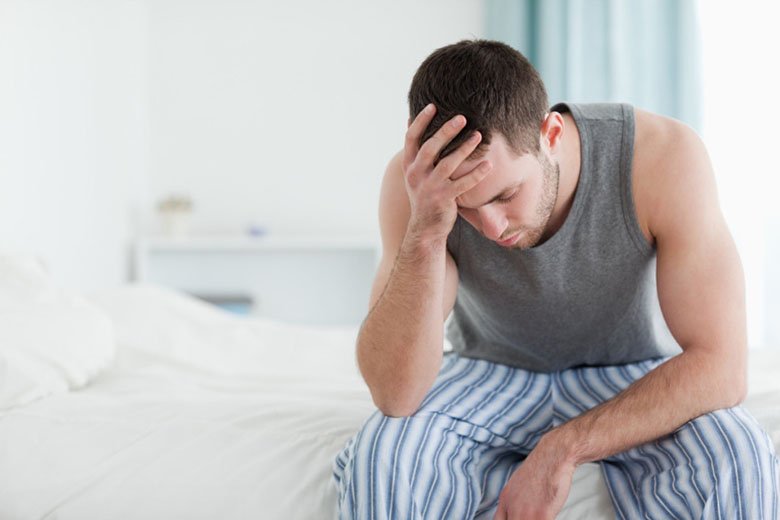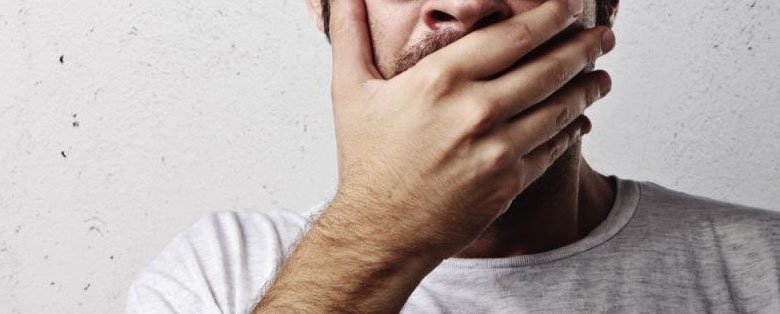Is using Viagra safe?
Viagra is a non-prescription drug containing sildenafil. Viagra is used to address the inability to get or maintain an adequate erection for sexual activity. Sexual stimulation is required for Viagra to have an effect. The dosage is one tablet daily, about 1 hour before sexual activity.
How safe is the use of Viagra, and what side effects can the medicine cause? Viagra is the best studied drug in its class so far, since it was the first to be discovered more than two decades ago. Multiple studies are available on the safety of short-term and long term use of sildenafil, but one needs to understand that there are important application rules to observe for the drug safety to be complete.
Thus, you should not use sildenafil tablets or their analogs if you are taking nitrate medication, low blood pressure or have had severe vision loss or hereditary eye disease. It is not supposed to be taken with grapefruit or grapefruit juice. You should consult your doctor before taking this medicine if you have high blood pressure that is not well treated. To purchase the drug, some mandatory questions must be answered through a self-declaration form online or to a pharmacy pharmacist. The reason for this is that Viagra is a drug that not all men can use, due to health reasons. The drug does not treat the underlying cause of impotence and the GP should be contacted during use.
Viagra side effects: what are they?
Viagra is known to produce gastrointestinal, CNS and vision disturbances. Common side effects of the drug are dyspepsia, nausea, flushing, hot flashes, catarrh, stuffy nose, dizziness, distorted color vision (chloropsy, chromatopsia, cyanopsia, erythropsy and xanthopsia), vision disorder and misty vision. These symptoms usually go away with a continued use of Viagra.
Uncommon side effects towards sildenafil are gastroesophageal reflux disease, dry mouth, vomiting, upper abdominal pain, chest pain, fatigue, heat sensation, palpitations, tachycardia, rash, hypertension, hypotension, epistaxis, clogged sinuses, myalgia, pain in extremity, hypoesthesia, somnolence, hematuria (blood in the urine), increased heartbeat, tinnitus, vertigo, photophobia, photopsy, conjunctivitis, lacrimal disorder (dry eyes, tear fluid and increased lacrimation), ocular hyperemia, visual brightness, eye pain. You might need to seek medical advice in a scheduled appointment if you experience one of the above symptoms.
Rare adverse events caused by the use of Viagra span the following symptoms: oral hypoesthesia, irritability, atrial fibrillation, myocardial infarction, sudden cardiac death, unstable angina, ventricular arrhythmia, Stevens-Johnson syndrome, toxic epidermal necrolysis, prolonged erection, hematospermia, penile bleeding, priapism, nasal edema, laceration, drying of nasal mucosa, cerebrovascular event, convulsions, syncope, recurrent seizures, transient ischemic attack, arteriosclerotic retinopathy, asthenopia, diplopia, glaucoma, iris disorder, conjunctival hyperemia, mouches volantes, mydriasis, deafness, myopia, visual acuity, non-arteritic ischemic anterior retinal neuralgia, rainbow vision, retinal disorder eye, eye swelling, eye irritation, eye disorders, eyelid edema and eye edema. Most of these symptoms are as serious as they are rare, and require immediate medical attention.
Managing adverse reactions towards sildenafil

It is first and foremost important to prevent Viagra overdose and eventual intoxication; 800 mg produces side effects similar to those at lower doses, but with increased incidence and severity. In case of overdose, standard support treatment is provided if needed. Dialysis is not believed to increase clearance.
Mild side effects of Viagra are usually felt when you are a beginner, but should become fewer and much more tolerable with tablets number 5-7. If this does not happen, or if the adverse reactions are much more serious or bothersome, ask your doctor to lower your dose of sildenafil. Note that there is something you can do yourself to minimize the impact of Viagra side effects: taking the drug after a light meal should help.




















